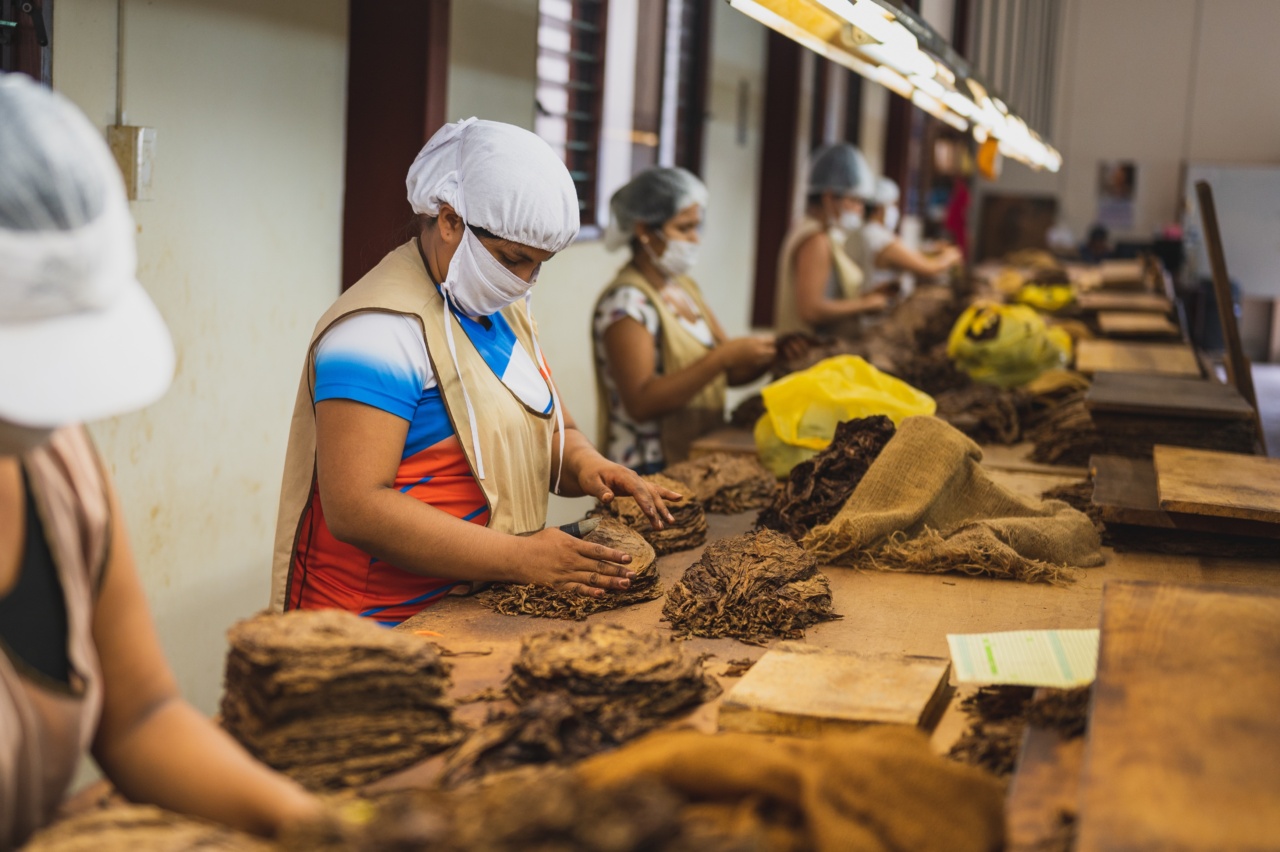When it comes to protecting our skin, most of us are aware of the importance of using sunscreen, avoiding tanning beds, and staying out of the sun during peak hours.
However, there are several lesser-known risk factors for skin cancer that many people aren’t familiar with. While anyone can develop skin cancer, understanding these specific risk factors can help you take extra precautions and detect potential warning signs early on.
In this article, we will explore the top 9 skin cancer risk factors that many people may not be aware of.
1. Genetic Factors
While exposure to ultraviolet (UV) radiation is the primary cause of skin cancer, genetics also play a significant role.
Certain genetic factors, such as having a family history of skin cancer or inheriting specific gene mutations like the CDKN2A or p53 gene, can increase your risk of developing skin cancer. Therefore, it is important to understand your family’s medical history and discuss it with your healthcare provider.
2. Fair Skin
Individuals with fair skin, light hair, and light-colored eyes have less melanin, the pigment that provides some protection against UV radiation.
As a result, they are more susceptible to the harmful effects of the sun’s UV rays, making fair-skinned individuals more prone to developing skin cancer. If you have fair skin, it is crucial to take extra precautions and regularly check your skin for any changes or abnormalities.
3. History of Sunburns
Getting sunburned, especially during childhood or adolescence, can significantly increase your risk of developing skin cancer later in life.
Research suggests that experiencing five or more blistering sunburns in adolescence can increase the risk of melanoma, the deadliest form of skin cancer, by 80%. Therefore, protecting yourself from sunburns and practicing sun safety from an early age is vital in preventing skin cancer.
4. Weakened Immune System
Individuals with weakened immune systems are at a higher risk of developing skin cancer. This includes people who have undergone organ transplants, have HIV/AIDS, or are taking immunosuppressive medications.
A compromised immune system can have difficulty recognizing and eliminating cancerous cells, allowing them to proliferate and lead to the development of skin cancer.
5. Exposure to Carcinogens
Certain occupational hazards and environmental factors can expose individuals to carcinogens, substances known to cause cancer.
For example, people regularly exposed to coal tar, arsenic, certain pesticides, and industrial chemicals may have an increased risk of developing skin cancer. It is essential to be aware of potential carcinogen exposures in your environment and take appropriate precautions to minimize your risk.
6. Age
As we age, our skin becomes less capable of repairing damage caused by UV radiation. Additionally, older individuals may have had more cumulative sun exposure throughout their lives, increasing their risk of developing skin cancer.
Regularly monitoring your skin for any changes or abnormalities becomes even more crucial as you grow older.
7. Having Many Moles or Atypical Moles
Having a large number of moles or atypical moles, also known as dysplastic nevi, can increase your risk of developing skin cancer. Atypical moles are generally larger and have irregular shapes and colors compared to normal moles.
If you have many moles or atypical moles, it is essential to have regular skin examinations by a dermatologist to monitor for any changes or signs of skin cancer.
8. Personal History of Skin Cancer
If you have previously had skin cancer, you are at an increased risk of developing it again.
People who have had basal cell carcinoma (BCC), squamous cell carcinoma (SCC), or melanoma have a higher chance of developing a new skin cancer compared to those who have never had the disease. It is crucial to continue regular skin check-ups and follow your dermatologist’s advice on sun protection and early detection.
9. Presence of Actinic Keratosis
Actinic keratosis (AK) is a precancerous skin condition characterized by rough, scaly patches on the skin.
While not all actinic keratoses progress to skin cancer, they should be taken seriously as they indicate sun damage and an increased risk of developing skin cancer in the future. If you notice any suspicious lesions or patches on your skin, it is important to consult a dermatologist for further evaluation and possible treatment.
By being aware of these lesser-known skin cancer risk factors, you can take proactive steps to protect yourself and detect potential warning signs early on.
Remember to prioritize sun safety, perform regular skin self-examinations, and consult a dermatologist if you notice any changes or abnormalities on your skin. Early detection and prevention are key in fighting skin cancer and increasing your chances of successful treatment.




























